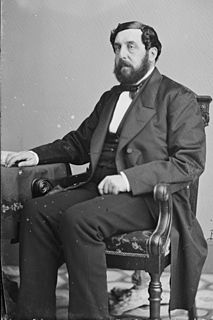A Quote by Edward Bulwer-Lytton, 1st Baron Lytton
We must remember how apt man is to extremes--rushing from credulity and weakness to suspicion and distrust.
Related Quotes
If any sensual weakness arise, we are to yield all our sound forces to the overthrowing of so unnatural a rebellion; wherein how can we want courage, since we are to deal against so feeble an adversary, that in itself is nothing but weakness? Nay, we are to resolve that if reason direct it, we must do it, and if we must do it, we will do it; for to say "I cannot" is childish, and "I will not" is womanish.
Strength, strength is what the Upanishads speak to me from every page. This is the one great thing to remember, it has been the one great lesson I have been taught in my life; strength, it says, strength, O man, be not weak. Are there no human weaknesses? - says man. There are, say the Upanishads, but will more weakness heal them, would you try to wash dirt with dirt? Will sin cure sin, weakness cure weakness? Strength, O man, strength, say the Upanishads, stand up and be strong.
I am willing to allow that smoking is a moral weakness, but on the other hand, we must beware of the man without weaknesses. He is not to be trusted. He is apt to be always sober and he cannot make a single mistake. His habits are likely to be regular, his existence more mechanical and his head always maintains its supremacy over his heart. Much as I like reasonable persons, I hate completely rational beings.



































